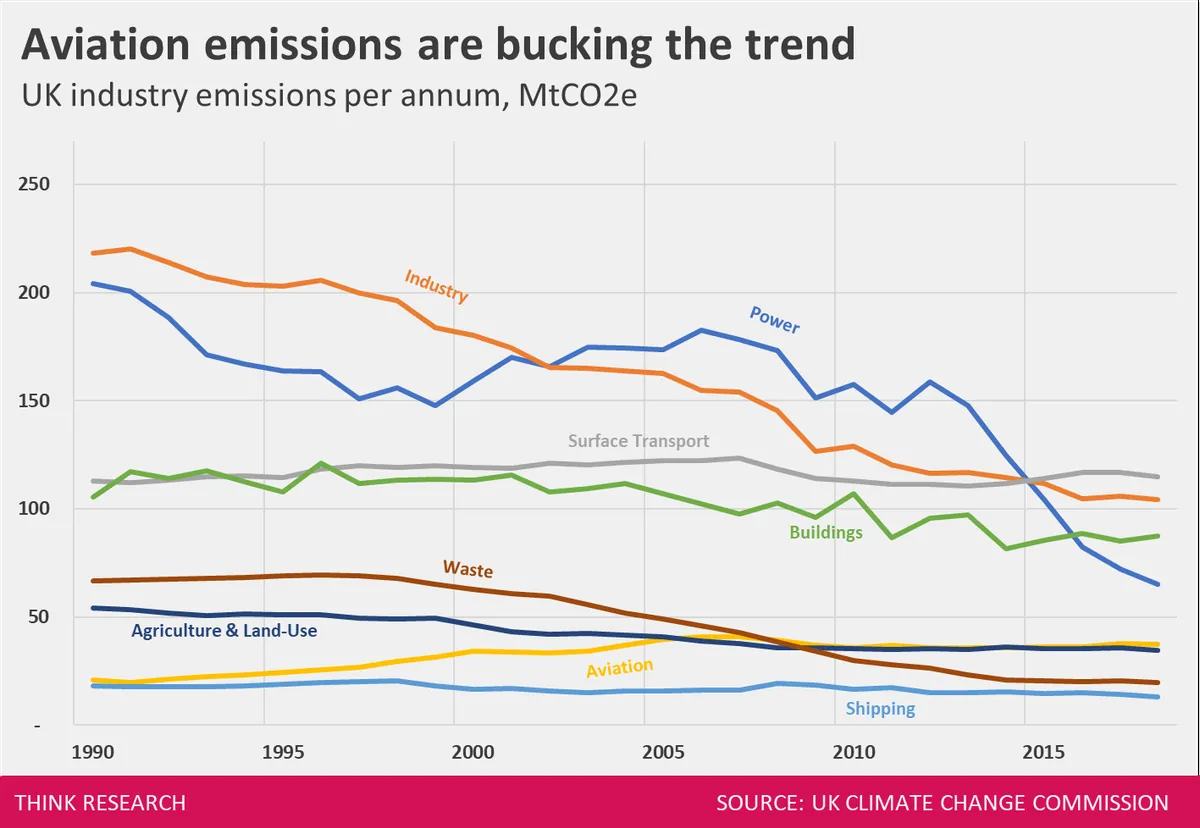In a significant development for Britain's climate policy, the UK ETS Authority has proposed extending the current system of free carbon allowances allocation by one year. This adjustment aims to synchronize with the planned implementation of a carbon border tax in 2027, demonstrating the nation's commitment to its ambitious climate goals.
The UK Emissions Trading System (ETS), launched in 2021, is a cornerstone of Britain's efforts to achieve net-zero emissions by 2050. This market-based mechanism charges power plants, factories, and airlines for their carbon dioxide emissions, incentivizing a transition to cleaner technologies. The UK was the first major economy to legislate for net-zero emissions, showcasing its leadership in global climate action.
Under the current system, eligible participants and aircraft operators exposed to international competition receive free allocation of allowances. This measure helps protect businesses from carbon leakage, where companies might relocate to countries with less stringent climate policies. The proposed extension would prolong this free allocation period from 2025 to 2026, aligning it with the introduction of the UK Carbon Border Adjustment Mechanism (CBAM) in 2027.
The CBAM aims to level the playing field by imposing a carbon import levy on certain products, further safeguarding UK businesses while maintaining climate ambitions. This approach is part of a broader strategy to reduce greenhouse gas emissions, which has seen the UK cut its emissions by 44% between 1990 and 2019, outpacing other major economies.
Britain's climate efforts extend beyond emissions trading. The nation hosts the world's largest offshore wind industry, with 10GW of installed capacity as of 2023. Additionally, the UK government has pledged to phase out coal-fired power generation by 2024 and end the sale of new petrol and diesel cars by 2030.
The proposal includes several key changes:
1. Continuation of current period reporting from April 1 to June 30, 2025
2. Applications for the second free allocation period to be made in 2026
3. Updated lists of installations for smaller emitters to take effect from 2026
4. Changes to electricity generator classification rules to be implemented in 2026
These adjustments reflect the UK's adaptive approach to climate policy, balancing economic considerations with environmental imperatives. The UK's carbon price has consistently exceeded that of the EU since the launch of the UK ETS, demonstrating the nation's commitment to robust carbon pricing as a key tool for emissions reduction.
The consultation period for this proposal concludes on October 11, 2024, allowing stakeholders to provide input on these significant changes. This participatory approach aligns with the UK's broader climate governance structure, which includes the independent Committee on Climate Change (CCC) advising on emissions targets.
As Britain continues to refine its climate strategies, it's also making strides in other areas. The UK has committed to protecting 30% of land and sea for nature by 2030 and aims to develop 5GW of low carbon hydrogen production capacity by 2030. These multifaceted efforts underscore the nation's holistic approach to addressing climate change and fostering sustainable growth.
